Donate to help promote health equity and social justice!
Welcome | Voices of CCPH | Partnerships | Services & Resources | Events | Community | News
Partnerships that Last
The CCPH Principles of Partnership (PoP) form an ethical framework for partnerships that guide their development and pursue the aims of social justice and health equity through community action.
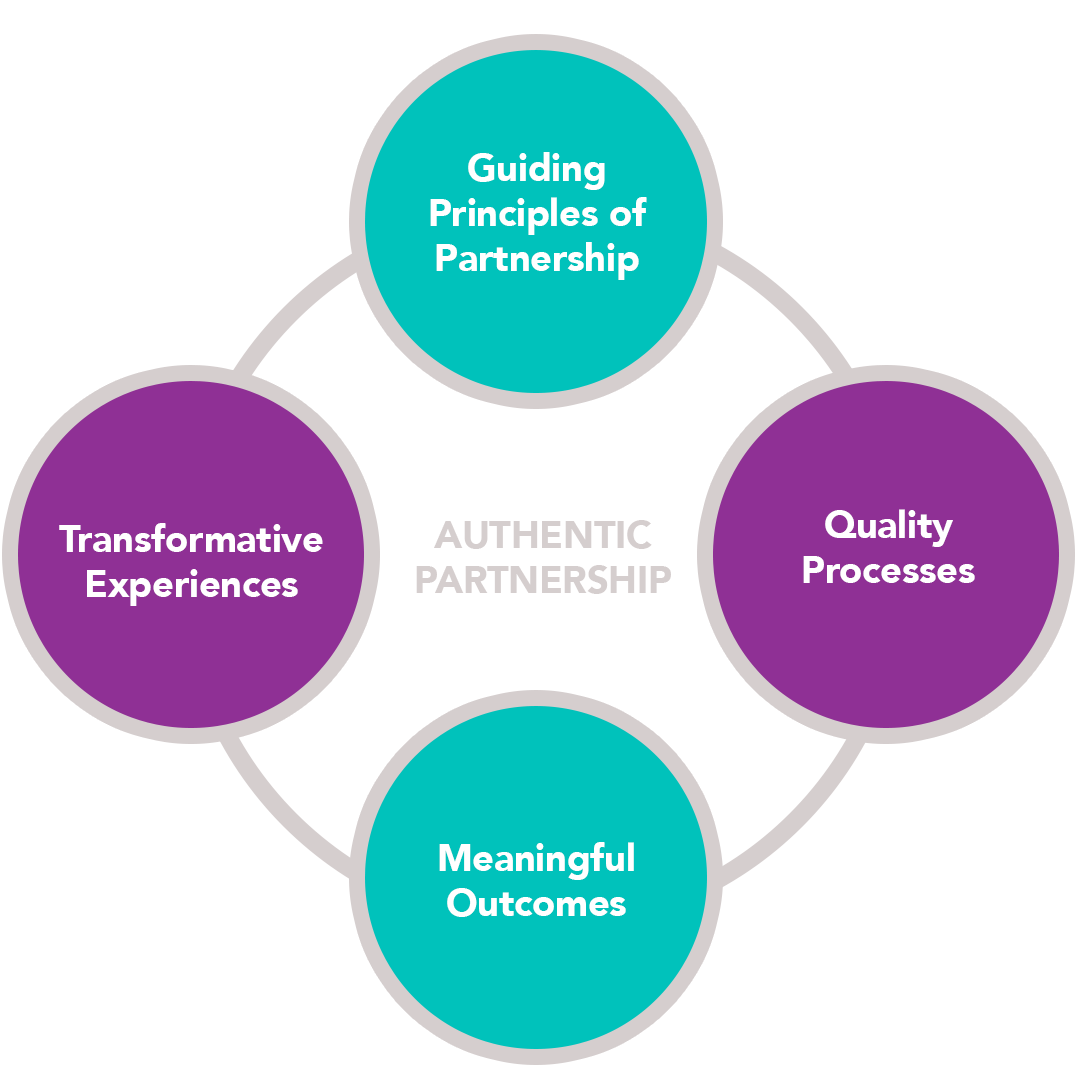
The Latest News and Events
CCPH Welcomes RADx-UP Engagement Specialist, Aliyha Hill, MPH
We are excited to have Aliyha Hill join the CCPH team as an Engagement Specialist. She will primarily support the RADx-UP initiative.
All of Us HBCU Road Tour Heads to Nashville
Join us virtually or in person for our next stop on the All of Us HBCU Road Tour at Fisk University in Nashville, Tennessee.
HBCU Health Coalition – How HBCUs Are Shaping the Future of Health
Date & Time: Thursday, February 8, 2024 | 1:00-2:00 PM EDT Description: The HBCU Health Coalition is a national network of leaders from HBCUs...
Reflections & Reconnection
Messages from the CCPH Leadership TeamThe haste to end the year should always be met with a moment of reflection. The obvious response is that the...
Lunch & Learn: Qualitative Research 101
Qualitative Research 101 was a timely and insightful panel discussion that invited attendees to consider how the community informs qualitative...
CCPH Builds Relationships an APHA 2023 Recap
In mid-November, some of the Community-Campus Partnerships for Health (CCPH) team flew into Atlanta, Georgia, to attend the premier public health...
Collaborative Projects
CCPH is proud of its broad base of partnerships across all stakeholder groups in the community at large and our work together to advance health equity and social justice.
Click on the squares in the “Collaborative Projects” section below to explore our current partnership projects.
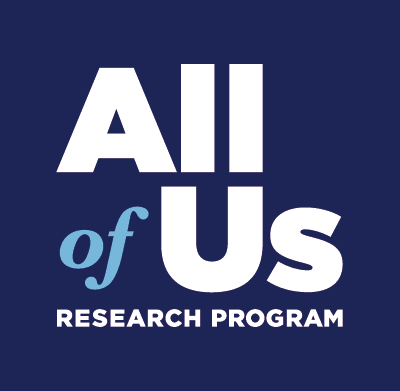

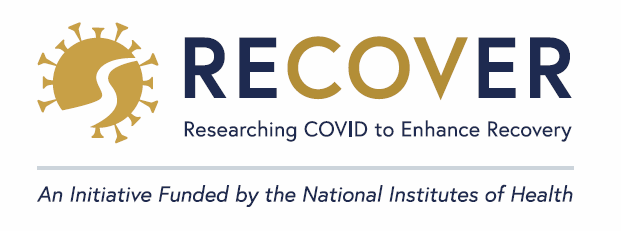
COVID
WEBINARS
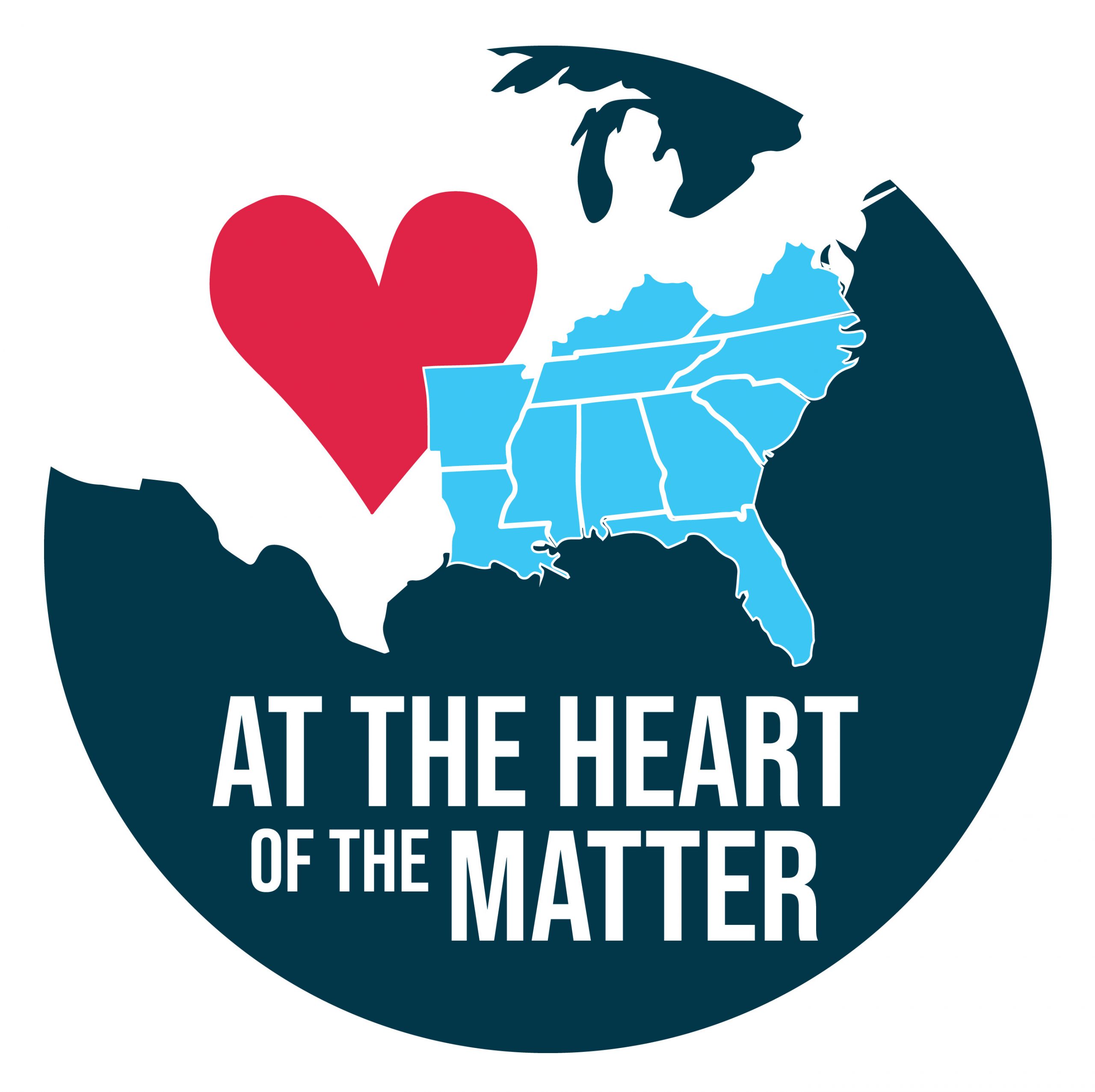
Explore our Current Partnerships

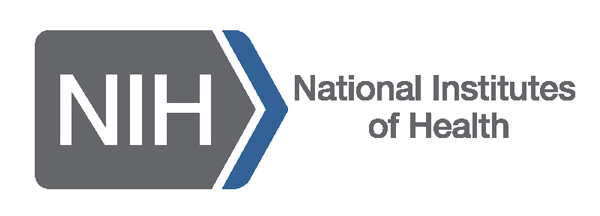




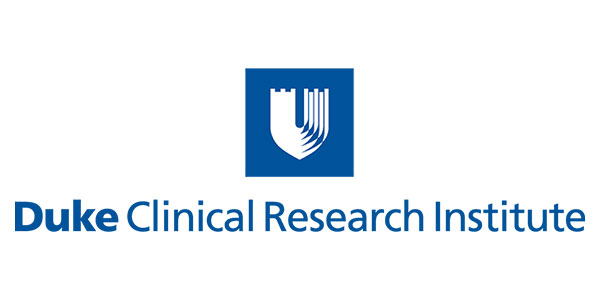
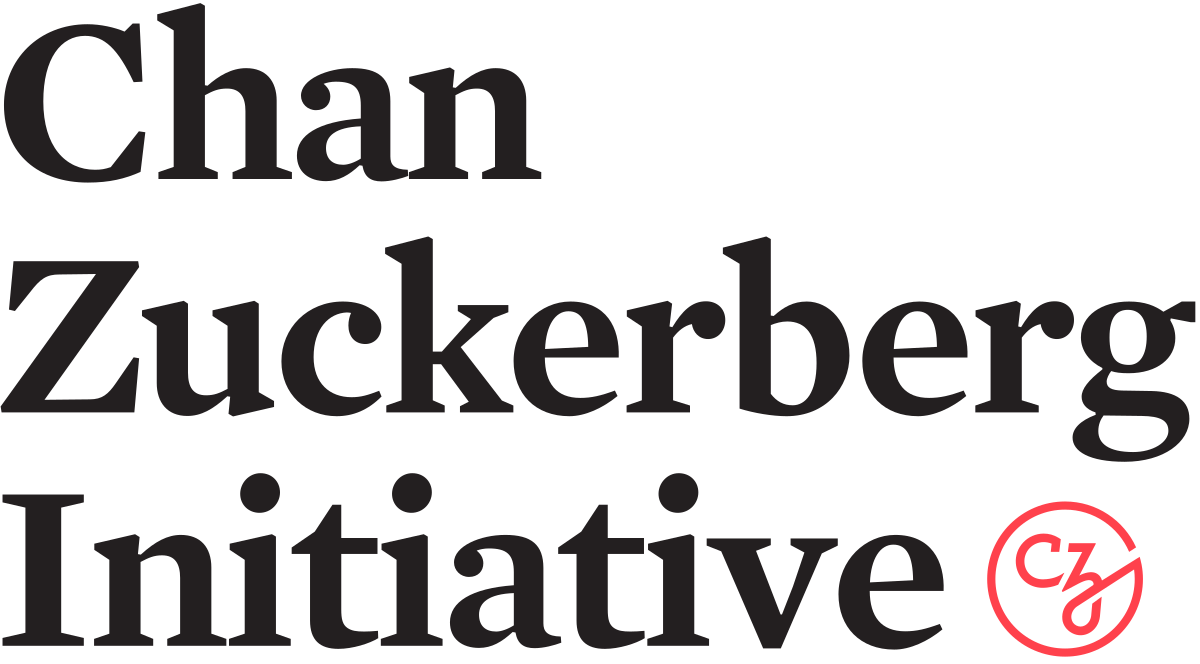


Health equity and social justice cannot be achieved by going it alone. They can only be achieved through collaborative efforts. We all need partners and lots of them in order to affect important changes.
25+ years of
Services & Resources

We serve our partnering communities through dynamic training sessions, consultations, office hours, and speaking engagements.
Learn more about how you can partner with us on our service pages.

CCPH’s goal is to share knowledge. Over time, we have developed and gathered a wealth of resources.
We believe that it has limited value unless we make it available to our partner community.
Sign up to access CCPH’s online library of resources.
The Voices of CCPH
Hear from CCPH Board Members, Team, Current and Past Partners and Stakeholders as they share about CCPH
Through the years, I always checked in with CCPH as the group that “kept it real” and “got it right.”
“CCPH has influenced my doctoral work by providing me with a standard to implement when conducting my own research to ensure it is strengths-based while bringing attention to health trends among populations that have been historically disregarded and excluded.”
“CCPH’s core values around equitable community engagement are in direct alignment with my approach to community-engaged research, so I knew the opportunity was just right!”
Events
Our Community
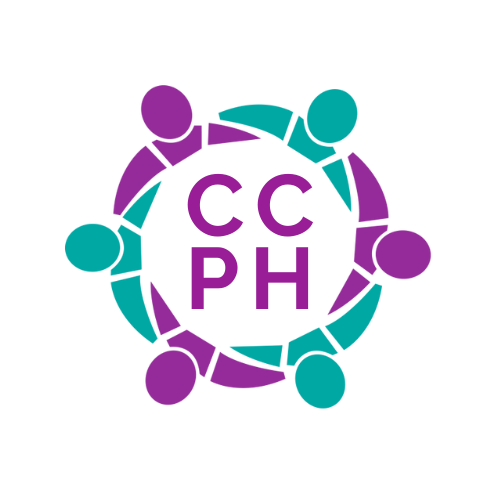
Community is dynamic and inclusive. There is no one definition of community. Community need not be defined solely by geography. It can refer to a group that self-identifies by age, ethnicity, gender, sexual orientation, disability, illness, or health condition. It can refer to a common interest or cause, a sense of identification or shared emotional connection, shared values or norms, mutual influence, or commitment to meeting a shared need.
Defining community in a community-campus partnership is more about the process of asking and answering key questions than about a strict definition of who is community or represents community: Are those most affected by the issue being addressed at the table? Are those who have a stake in the issue being addressed at the table? Are community members at the table? Do they play decision-making roles?
The purpose of the partnership drives the definition,
therefore each effort must ask for the definition of community.
CCPH Non-Discrimination Notice
CCPH not discriminate on the basis of race, color, national origin, age, disability, religion, or sex (including pregnancy, sexual orientation, and gender identity) in any of its programs or activities.
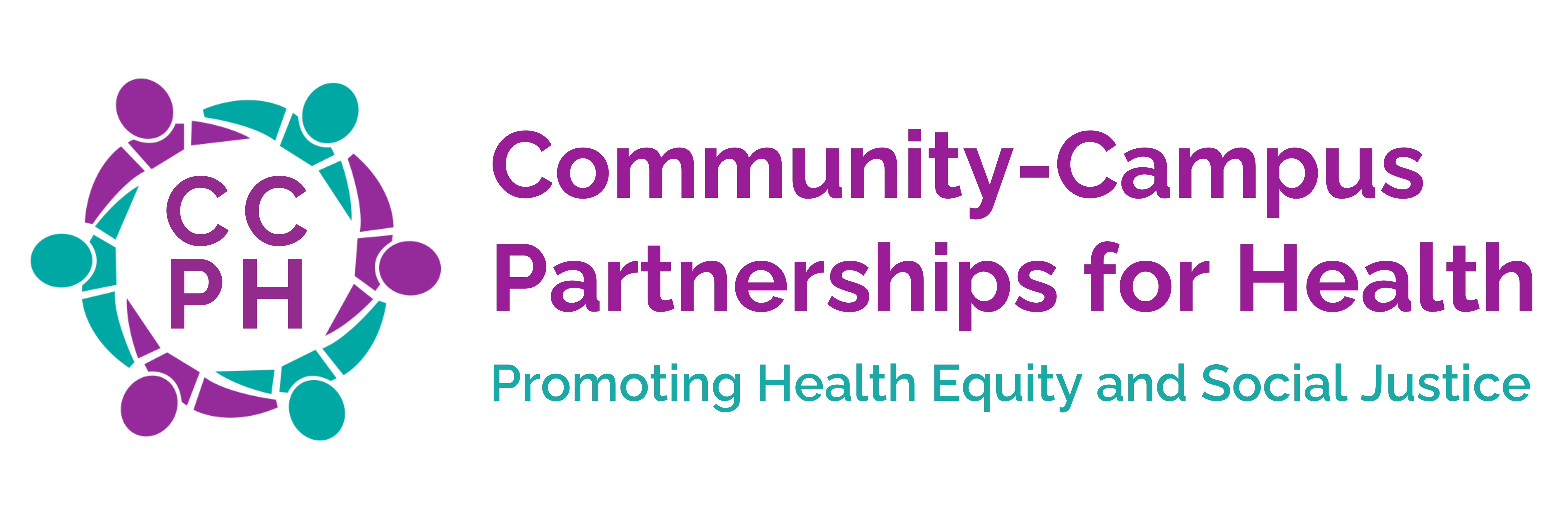

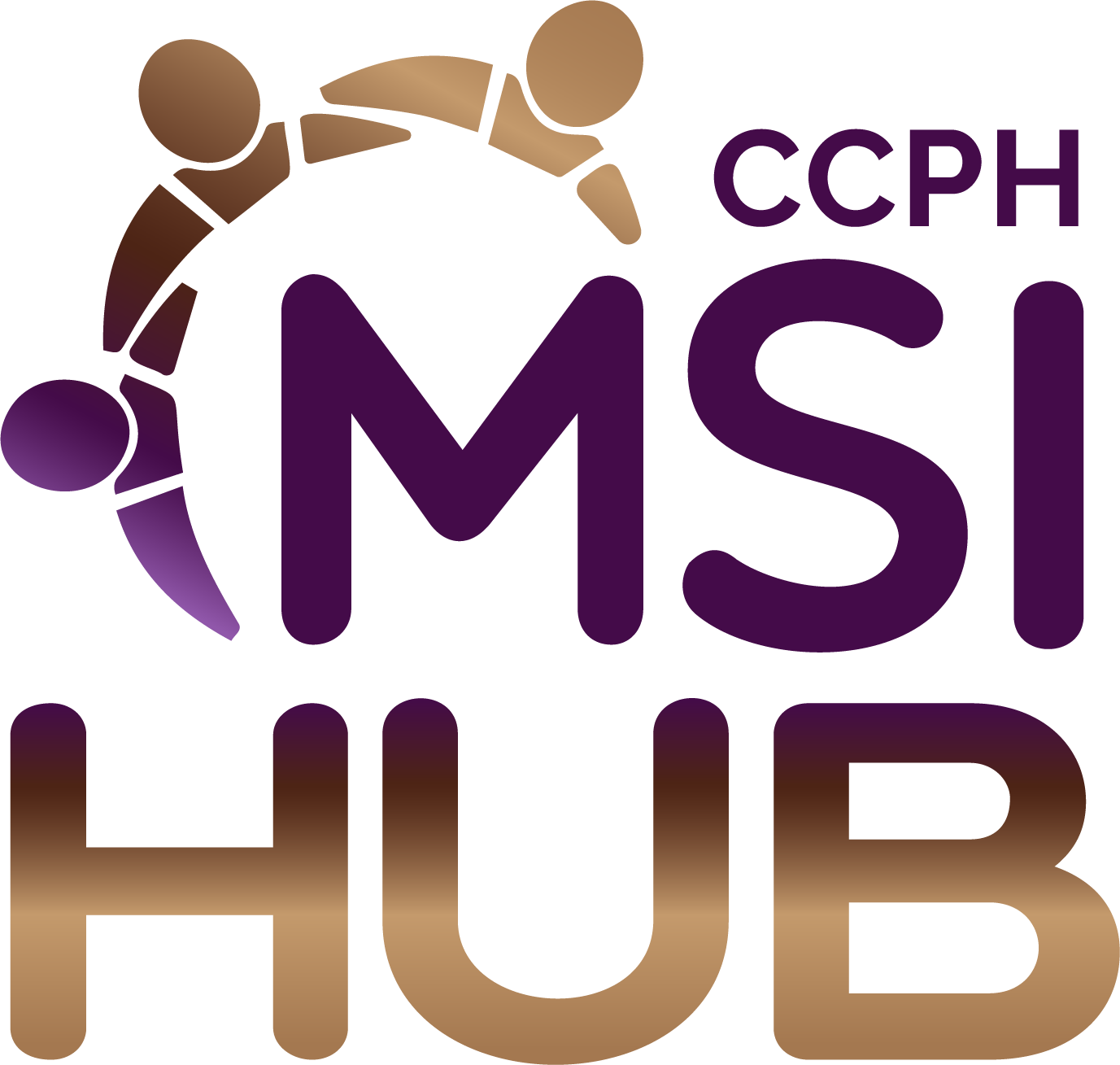
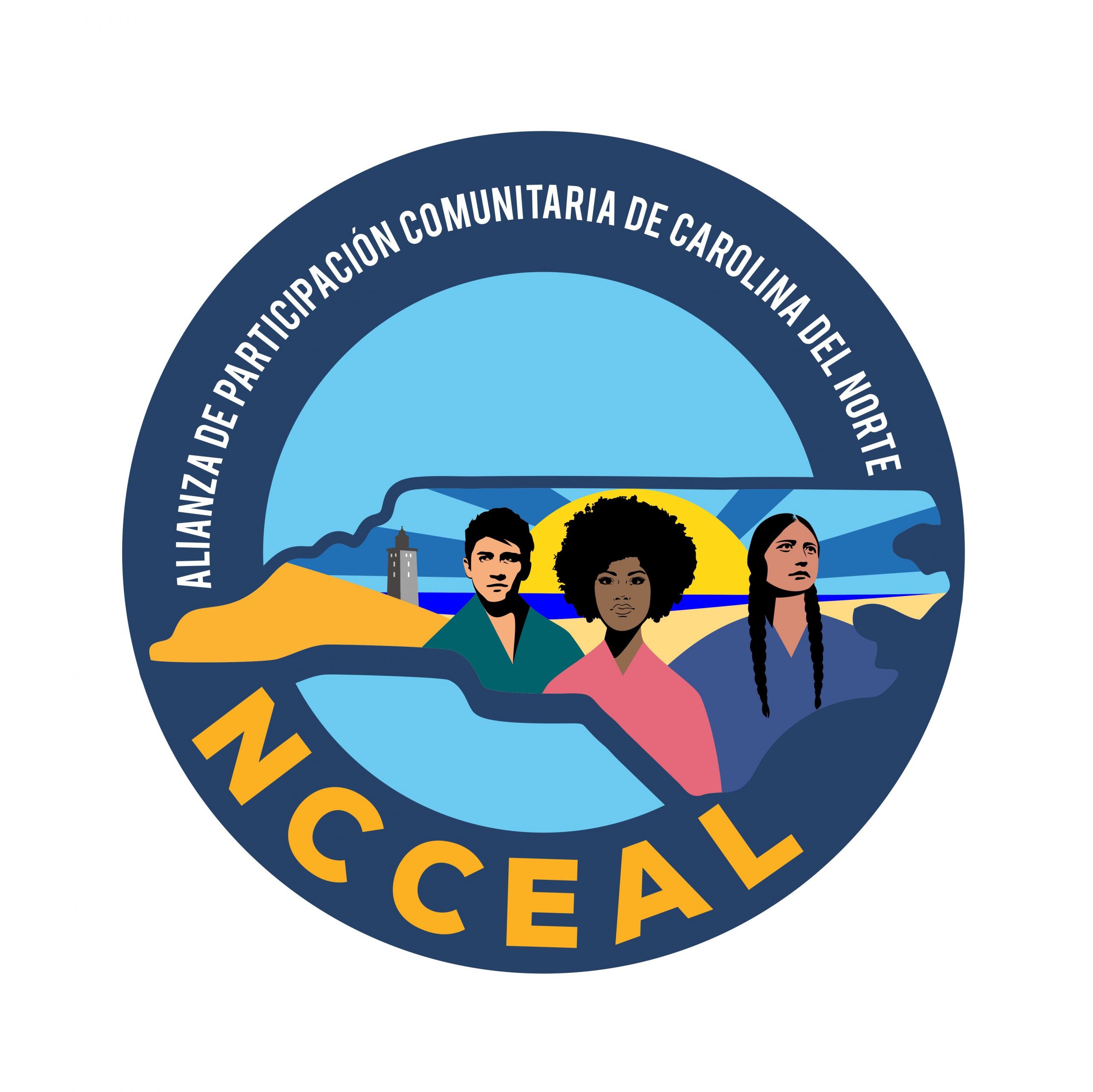
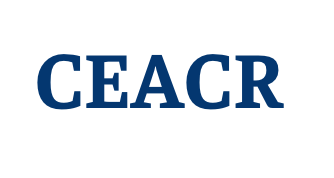

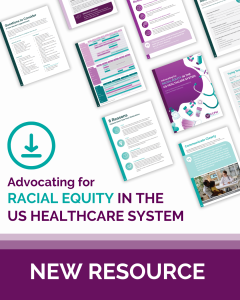









Sign up Sign up for newsletter
Hi, Abby. We just added you onto our newsletter mailing list! Thank you for your interest.